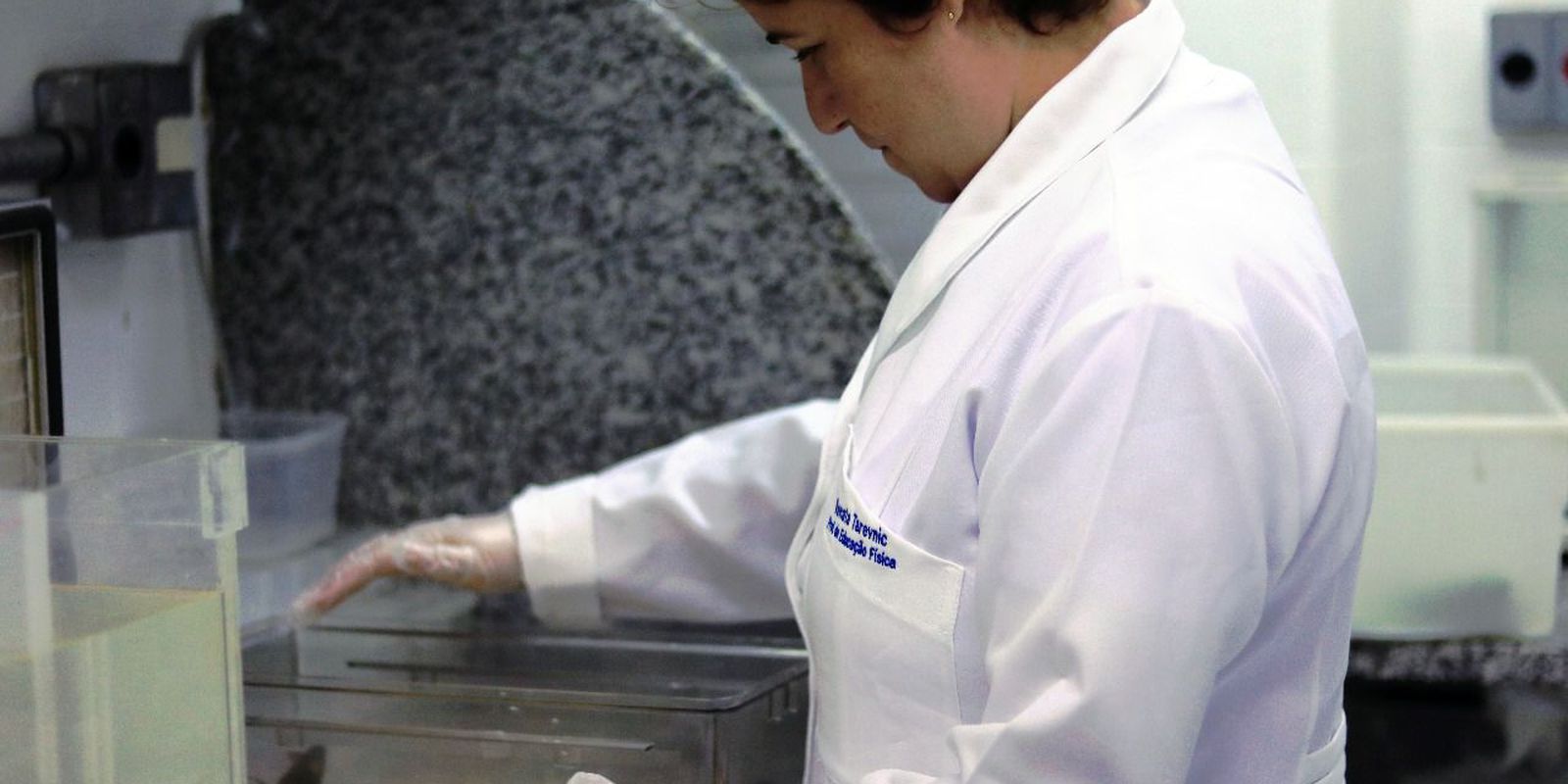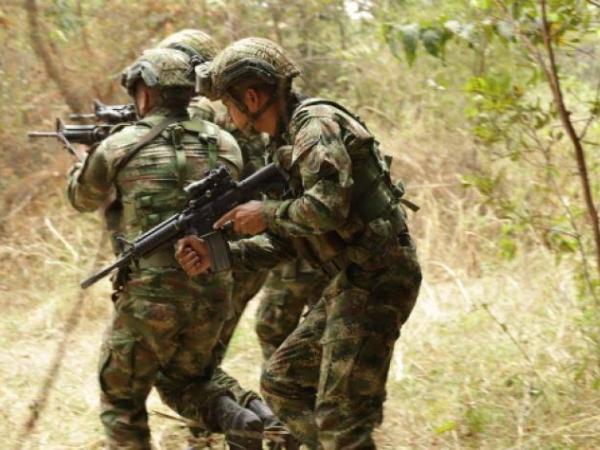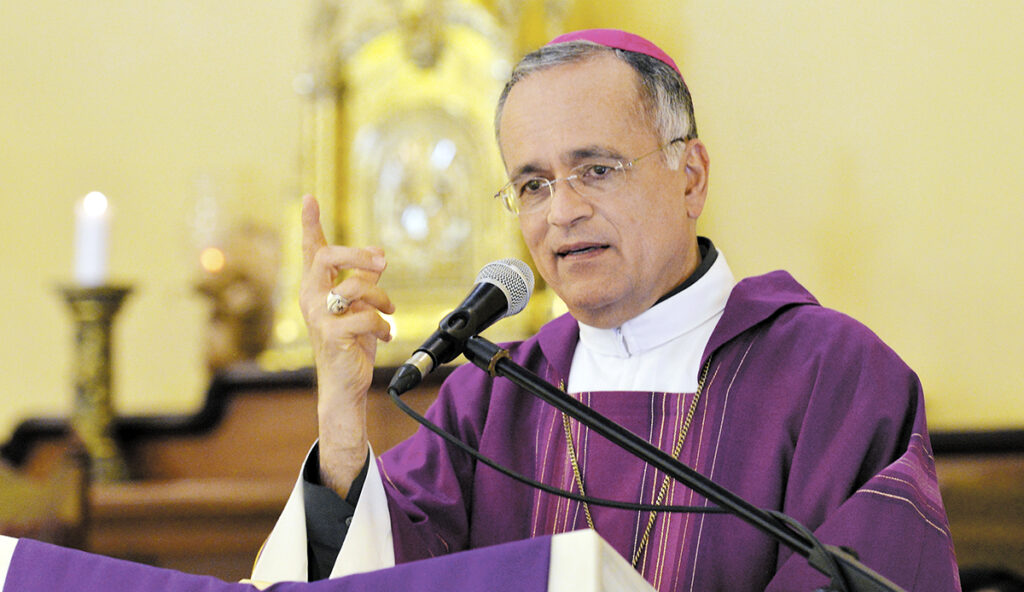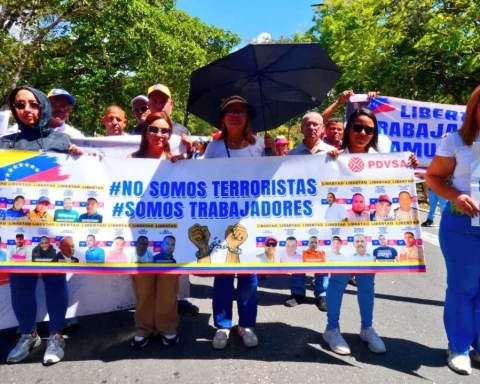Women represent almost half, 46%, of the total number of researchers in Latin American and Caribbean countries. As a result, the region has achieved, in the last decade, gender parity in science. Even in this scenario, girls and women still face a series of inequalities in terms of access to scientific topics, in addition to suffering prejudice and gender violence in these countries.
The information is from a report that will be released this Monday (14) by the British Council, in partnership with the United Nations Educational, Scientific and Cultural Organization (Unesco).
According to the United Nations (UN), Latin America, the Caribbean and Central Asia are the only regions in the world that have achieved parity in the ratio of female to male researchers, considering all areas of research. To reach parity, it is necessary that between 45% and 55% of researchers are women. According to the latest UNESCO data, in 2020, the global average percentage of women researchers was 33%.
When only studies in STEM, an acronym for science, technology, engineering and mathematics, are considered, inequality increases. The study shows that the percentage of women researchers working in engineering and technology in the region is much lower than that of men. In some countries, such as Bolivia and Peru, this percentage is less than 20%.
The data is worrying, as forecasts indicate that half of the jobs currently in existence will disappear by 2050 and that 75% of the jobs of the future will require STEM and STI skills – an acronym for science, technology and innovation. “More than 60% of children entering primary school today could end up working in jobs that do not yet exist, and many of these new occupations will be STEM-based. It is essential that girls and women have equal access to the new jobs of the future,” says the study.
“We want more girls and young people to get involved in science and we intend to break the prejudices surrounding women’s participation in STEM”, says the regional specialist for UNESCO’s Program, Science, Technology and Innovation Policies, Guillermo Anlló. According to Anlló, the report reveals the situation in the region, which “establishes a starting point for making decisions that support and facilitate STEM careers for women”.
Differences between countries
The participation of women in scientific activities differs from country to country in the Latin American and Caribbean region. One of the data highlighted in the study is the proportion of scientific articles that have at least one female author. In El Salvador, they subscribe to only 43% of the articles. In Brazil, the percentage reaches 72%. After Brazil, the main countries with more women authors of scientific papers are Argentina (67%) and Guatemala (66%). Those with female participation below 51% are Nicaragua, Chile, Bolivia, Ecuador, Costa Rica, Dominican Republic and Honduras.
Differences between men and women start early. Boys are twice as likely to consider careers such as engineering than girls. In countries like Colombia, the Dominican Republic and Mexico, the gap is even greater. A career related to information and communication technologies is considered by only 1% of girls, compared to 8% of boys.
According to the publication, gender stereotypes and cultural barriers are among the factors that explain the segregation of women, which makes it difficult to integrate them into studies of Stem themes throughout their academic careers. The lack of incentive to involve women in scientific topics, from basic education, as if science were a male stronghold, is the result of these stereotypes and causes lower adhesion of young women to careers in science and technology.
“It is important to have a very clear understanding of the challenge we are facing so that we can work on policies and programs that support the transformation of this agenda,” says UK Minister for Africa, Latin America and the Caribbean, Vicky Ford. “Having access to data and research that can outline an accurate scenario is essential to guide the next steps and movements of programs that involve public policies and international cooperation to tackle gender inequality in science and technology”, adds the British minister.
bags for women
This Sunday (13), representatives from the United Kingdom visited Brazil and emphasized the Women in Science program, which has been running in the country since 2018. The initiative aims to promote gender diversity in scientific research, bringing together researchers, educational institutions , companies and civil society organizations.
“We want it to be a unique and transformative opportunity that lets women know they are valued and appreciated, and help them advance in the careers they’ve always dreamed of. So we also hope they can inspire other women to follow. The same path. Empowering women in all sectors, including science, business and academia, is vital to building a more developed, free and equal society”, says Vicky Ford.
Applications are now open for a UK Masters Scholarship Program for women with degrees in Stem disciplines. The selected Brazilian women will be able to count on economic support to study at one of the five British universities that are receiving applications from Brazil, Mexico and Peru.
Assistance will include tuition, travel costs, visas and health coverage fees, with special support for mothers. More information about scholarships for women can be found at site from the British Council.

















